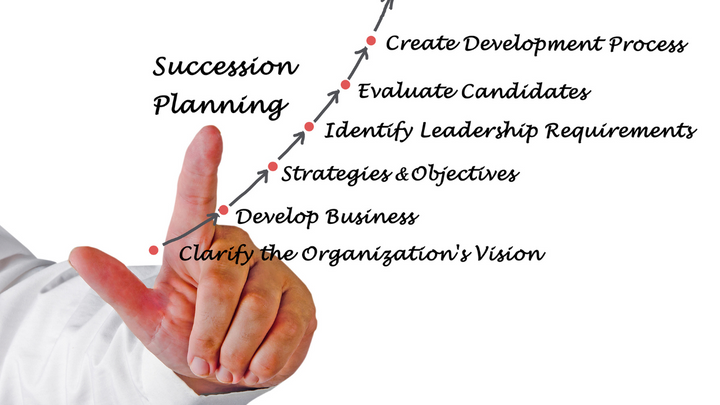Why I Think There is No Such Thing as Healthy Internal Competition

Originally published here
Inevitably it will lead to mistrust, animosity, and sabotage
Do you like to compete? Do you like to feel like you are in control? If so, then internal competition may be for you. Many people believe that internal competition is the key to success. They think it drives employees to do their best and outperform their colleagues. In this blog post, I will argue that internal competition is actually harmful to a company’s culture and cooperation between employees and teams.
1. Internal competition is a driving force behind many people’s work ethic
Naturally, we are competitive beings. We like to feel like we are in control and that our efforts are paying off. This is especially true in the workplace. We want to feel like our hard work is recognized and contributing to the company’s success. Internal competition can be a great motivator for employees to do their best work. It can push people to be their best selves and work together for a common goal.
That’s the theory, anyway. In reality, internal competition can often lead to division and conflict. People start to compete against each other for recognition and promotions. This can create a hostile work environment and damage team corporation.
2. Internal competition creates an environment where employees are pitted against each other for limited resources
Again, in reality, there are a finite number of resources available in any organization. When internal competition is encouraged, it creates an environment where employees feel they have to compete with each other for those limited resources. This can lead to an overall feeling of insecurity and mistrust among employees.
It also leads to a lot of wasted time and energy as employees try to one-up each other instead of focusing on the task at hand. In the end, this only serves to hurt the company as a whole and prevent it from reaching its full potential.
3. Internal competition can lead to a culture of mistrust, animosity, and sabotage
Think about teams you’ve been a part of in the past. How did internal competition play out? Did people try to help each other, or were they constantly stabbing each other in the back?
When internal competition is rampant, it can lead to a culture of mistrust and animosity. People become obsessed with outperforming their colleagues, and they’re less likely to cooperate or collaborate. This can stifle creativity and productivity, often leading to workplace conflict.
In some cases, internal competition can even lead to sabotage. Colleagues may start withholding information from one another, or they may actively work against one another’s efforts. This can be extremely destructive for team morale and cohesiveness.
4. Internal competition is not necessary because it does not produce the best results in the end
Of course, there are situations when we can have a friendly internal competition going on, but this should not be the norm. If internal competition is constantly present in an organization, it will slowly eat away at the team spirit and camaraderie. In the end, this will lead to a decline in productivity as employees become more and more focused on their own individual goals rather than the organization’s goals as a whole.
So what does this mean for organizations? I believe that internal competition is something that should be avoided if possible. Instead, organizations should focus on fostering a culture of cooperation and collaboration. This way, employees can work together towards common goals, and everyone can benefit from each other’s skills and knowledge. When everyone is working together towards a common goal, the organization can truly thrive.
What do you think? Do you agree that internal competition is harmful to organizations? Let me know in the comments! Thanks for reading.



Comments ()